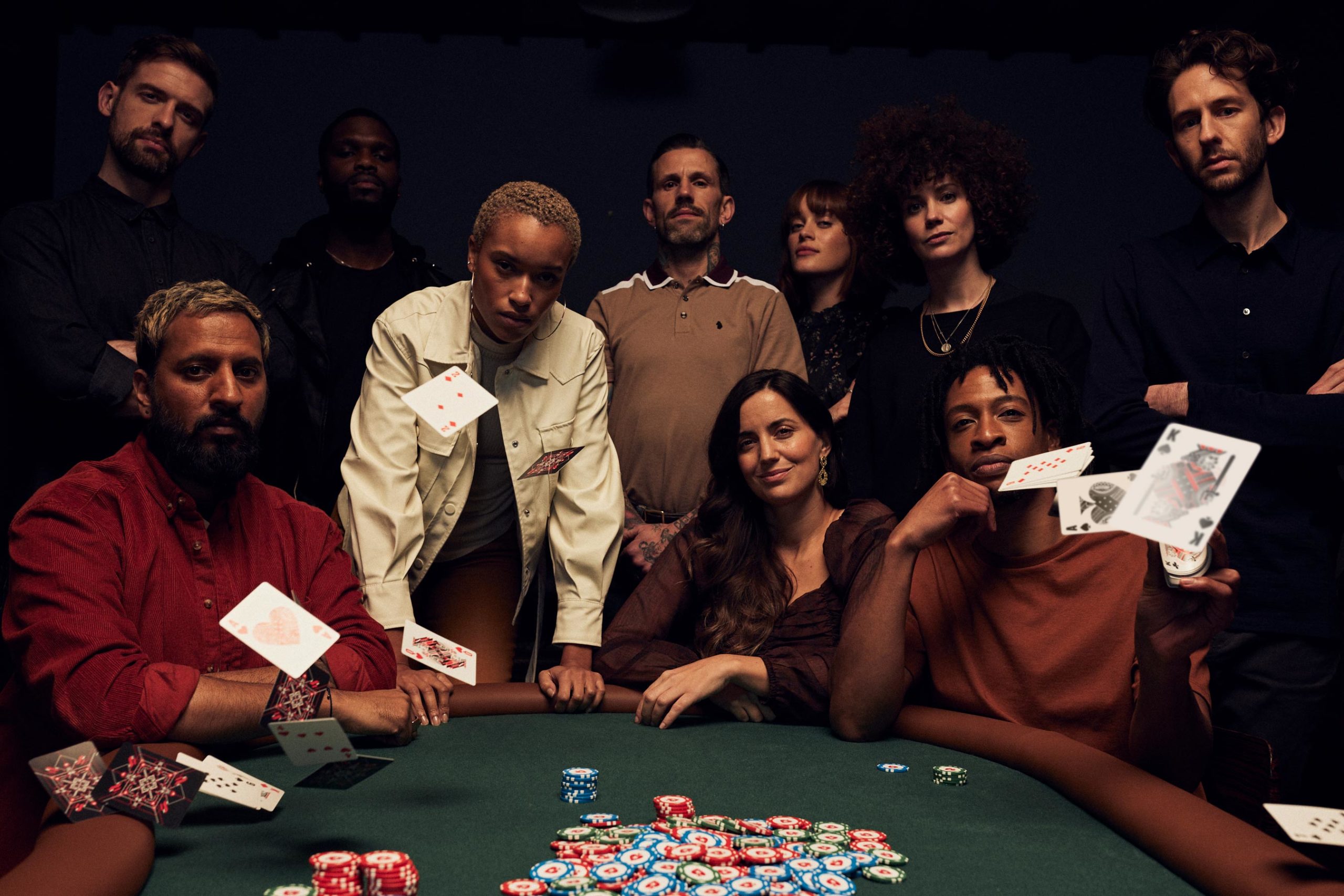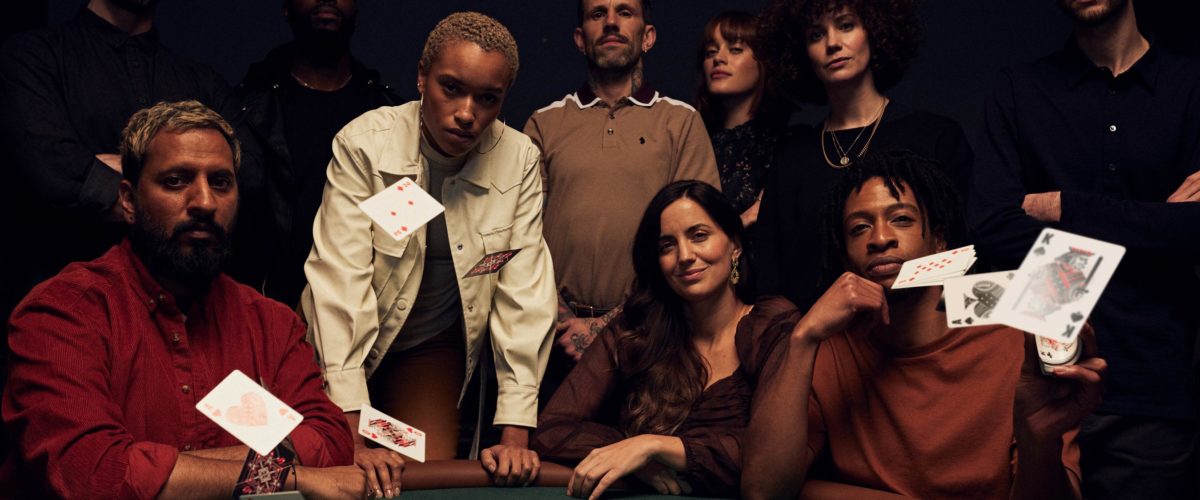Tournaments or Cash Games?
In No Limit Hold’em, you have two simple categories of game types to play; cash games and tournaments. The general rules of the game are the same, but each is played in a distinctly different way, and you will come across players who invest 100% of their playing time and bankroll into one of the two and 0% into the other.
Tournaments
If you’ve ever seen PokerStars’ live or online poker coverage, there’s a strong chance that you’ve seen tournament play before. Events such as European Poker Tour (EPT), PokerStars Players’ Championship (PSPC) and the World Series of Poker (WSOP) focus on tournaments with major prizes and glory going to the winner.
The biggest ever poker success story comes from a tournament in 2003 where Chris Moneymaker qualified to the WSOP Main Event for just $86 and went on to win the event for a cool $2.5 million.
Tournaments are scheduled with a stated buy-in, start time, prize structure and starting stack (the chips you can play with). Your buy-in will consist of a contribution towards the prize pool and a smaller fee towards the casino or poker site.
The objective of playing in a poker tournament is to be the last player remaining in the field, but once you lose your chips – and if there is no opportunity to rebuy – then your tournament is over.
At regular intervals, the compulsory blind levels will rise, which means the minimum bet-size escalates and players will have to continuously spin up their stack to be safe from elimination. These intervals are determined by the ‘speed’ of the tournament. Furthermore, after a set number of blind levels, antes are introduced – this means every player starts to pay a fraction of the big blind towards the pot in every hand.
You may have heard of the popular Sit & Go and Spin & Go games, and they are also types of tournaments. These are not conventional tournaments as they start as soon as the predetermined number of players is reached, and in single table tournaments they will be over much quicker than a scheduled tournament. It remains that players will buy in for a certain amount and receive the same amount of chips to use to work their way through the competition.
There are certain nuances to poker tournament play that will see you adapt how you play. Here are some examples:
- Freezeout tournaments: You only have one buy-in, so make it count
- Rebuy tournaments: Everyone has at least one more chance to enter should you bust out, so players may be more aggressive from the start.
- Knockout tournaments: You receive a cash prize for eliminating other players, so look for those opportunities.
- Satellite tournaments: The prizes is an entry to a bigger tournament. If the top prize is the same for a number of players, focus less on being 1st and concentrate on surviving into those prize places.


Cash games
Cash games are the purest form of poker. This is the game commonly seen in movies where the hero sits down at a game already underway and starts playing. This happens because unlike tournaments, cash games have no natural start or end time – if there’s a seat open, you can play, and you can leave whenever you like. This is unlike tournaments as you don’t have to wait for a certain number of players to buy-in, or for the start time to come around.
You can buy in for any amount between the lower and upper limits of the table. This is where the fiction of movies diverges from reality, you can’t throw your car keys into the pot – you can only use what you have bought in and is sitting in front of you. Nor can you use stacks of cash – the cash you use to buy in is exchanged for chips worth the corresponding cash value.
Unlike tournaments, going bust in one hand isn’t necessarily the end of your game. If you can afford it, you just pay for a new stack. Similarly, blind levels will not change from the level of the table you sit down at, and you’ll be able to continue playing for however long you like, so long as you still have chips to play with.
Cash games come with their own different types of games also. Not as varied, because cash game is a standard that is difficult to disrupt, but for instance there are Zoom games on PokerStars which see you moved to a brand new table with a new starting hand as soon as you fold. There are also differences in sizes between the tables; you can play at tables with six players, tables with as many as 9 or 10 players, or heads-up against just one other player.
Which should you play?
This question is up to you. Which game sounds like the most fun to you? Better still, try out each of the games with play money on PokerStars and see which suits you better.
There are other bankroll and playing time considerations – which we will cover in What is the Best Poker Game For You? – but the most important aspect to deal with right now is making sure the game of poker is fun for those playing it.
Test your knowledge with our short quiz below


